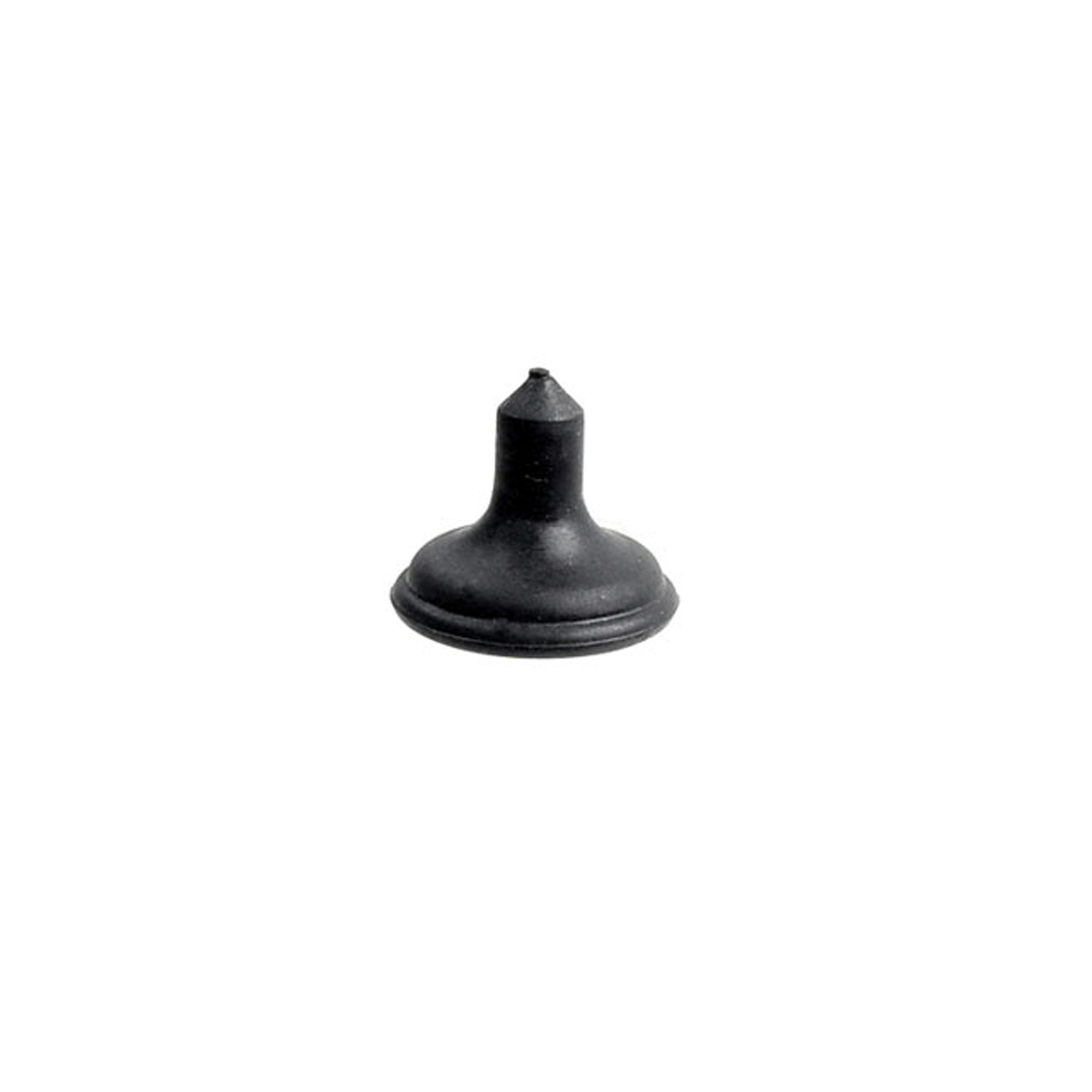Image of 1970 Subaru 360, sourced from en.wikipedia.org , Image Link.
Performance Metrics
Fundamental Metrics
Emotional Appeal
MMP Rating
| Engine Specifications | |
|---|---|
| Engine: | Two-stroke, 2-cylinder |
| Displacement: | 356 cc |
| Horsepower: | 16-25 hp |
| Torque: | Estimated at 16.3 lb-ft |
| Compression Ratio: | 6.7:1 |
| Ignition System: | Points ignition |
| Cooling System: | Air-cooled |
| Performance Specifications | |
| 0-60 Time: | 37 seconds |
| 1/4 Mile Time: | Not available |
| Top Speed: | 60 mph |
| Transmission and Drive | |
| Drive Type: | Rear-wheel drive |
| Transmission Type: | 4-speed manual |
| Fuel and Efficiency | |
| Fuel System Type: | Carburetor |
| MPG: | 66.3 mpg |
| Dimensions and Brakes | |
| Brakes: | Drum brakes |
| Wheelbase: | 70.9 inches |
| Weight: | 900 lbs |
Note: Specifications for classic cars are given to the best of our ability, considering the limited and variant data available.
A Glimpse into the Past with the 1970 Subaru 360
The 1970 Subaru 360 invites us to a time when small, efficient cars began making their mark in an era dominated by gas-guzzling giants. Born from the necessity of post-war Japan, the Subaru 360 was a vehicle that not only offered mobility to the masses but did so with a unique charm that has lasted through the decades. The manufacturer, Subaru, then a division of Fuji Heavy Industries, introduced this compact car in a bid to provide affordable transportation to the growing middle class. A notable moment in its history was when it earned the nickname "ladybug" in its home country, due to its distinctive round shape and diminutive size.
Design and Innovation
The exterior of the 1970 Subaru 360 was characterized by its rounded profile and minimalistic lines, which gave it an almost cartoonish yet endearing appearance. The interior featured a surprisingly spacious cabin for its size, with simple but functional controls and modest materials that reflected its economical purpose. Technological features were sparse but innovative for its time, including independent suspension and a rear-mounted air-cooled engine. Color options ranged from playful pastels to more subdued hues, with popular choices often enhancing its quirky character. The most iconic body style was undoubtedly the two-door sedan, though other variations like the convertible and van also found their niche.
Historical Significance
The Subaru 360's impact on automotive design was profound; it demonstrated that small cars could be practical, economical, and desirable. It set itself apart with its lightweight construction and fuel efficiency, which were revolutionary concepts at the time. The car's legacy can be seen in the kei car segment that remains popular in Japan today.
Performance and Handling
Performance-wise, the Subaru 360 was never about speed; with a top speed around 60 mph and leisurely acceleration from 0-60 mph taking over 30 seconds. However, it handled urban environments with aplomb thanks to its compact dimensions and light steering. Drivers often noted the distinctive hum of its two-stroke engine and found joy in the simplicity of driving such a nimble machine.
Ownership Experience
The Subaru 360 served various roles from a daily driver to an occasional showpiece. Its maintenance was relatively straightforward due to its simple mechanics, making it accessible for average owners to keep running. However, parts scarcity outside of Japan can present challenges today.
Fun Facts
In terms of trivia, the Subaru 360 had some unique variants like the Young S version which featured sporty stripes and a tachometer. While not known for breaking speed records, it did break ground as one of Japan's first successful mass-market cars. Criticisms often focused on its lack of power and safety features by modern standards.
Collector's Information
Today, the value range for collectors varies widely based on condition and originality; prices can span from a few thousand dollars for a project car to upwards of $15,000 or more for well-preserved examples. With an estimated production run of nearly 400,000 units over its lifetime, they are rare but not impossible to find. The market trend shows appreciation for well-maintained or restored models due to their increasing rarity and historical significance.
Conclusion
The 1970 Subaru 360 stands as an icon of ingenuity and charm in automotive history. Its contribution to the concept of small-car efficiency resonates even today as we navigate through modern challenges of sustainability and urban mobility. For those who own one or aspire to, it represents more than just a vehicle; it's a piece of history that continues to captivate car enthusiasts around the world.
1970 Subaru 360 Catalog of Parts
 1970 Subaru 360 Fuel Valve Tip. 7/8" O.D., 7/8" high. Each-PL 11Fuel Valve Tip. 7/8" O.D., 7/8" high. Each
1970 Subaru 360 Fuel Valve Tip. 7/8" O.D., 7/8" high. Each-PL 11Fuel Valve Tip. 7/8" O.D., 7/8" high. EachWhy Choose Metro?
For over 100 years, Metro Moulded Parts has been the pinnacle of quality in classic car restoration parts. Our commitment to precision and authenticity in every component ensures a perfect fit and an OEM-level appearance.
- Expert Craftsmanship & Quality: Each part is a testament to our dedication to reliability and perfection, crafted from original designs and thoroughly tested.
- Advanced Technology: We use cutting-edge techniques to create flawless, long-lasting parts that surpass others in performance.
- SuperSoft Sponge – The Ultimate Door Seal: Not only are our door seals 30% softer than competitors', but they're also guaranteed to never leak. They effectively reduce wind and road noise, enhancing your classic car's comfort and driving experience.
- Proudly American: Our parts are a product of American craftsmanship, made in the USA with a spirit of excellence and heritage.
- Unrivaled Warranty: We back our products with a 30-year industry-leading warranty, a testament to our confidence in their quality.
Join us in preserving the legacy of classic cars with parts that are crafted for perfection, not just made.

